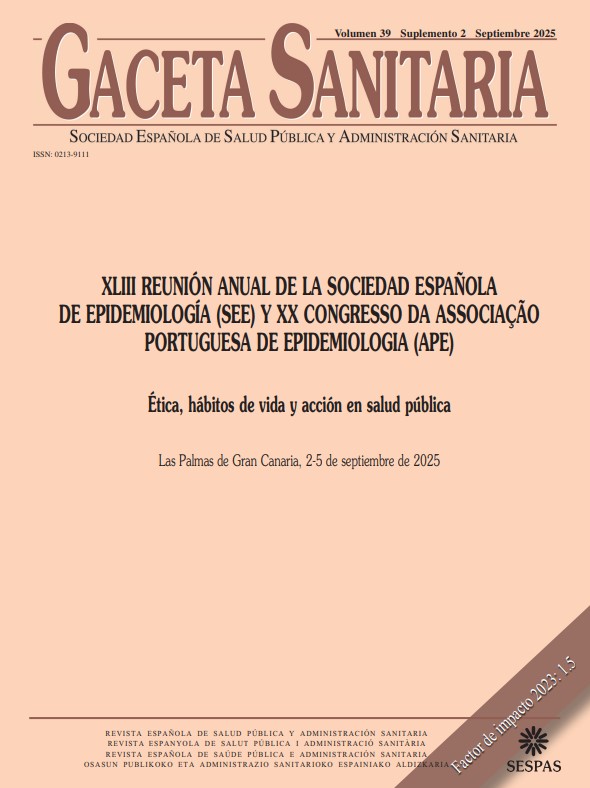909 - BODY MASS INDEX INEQUITIES AMONG ADULTS IN SPAIN: AN INTERSECTIONAL ANALYSIS OF AGE, SEX/GENDER, IMMIGRATION STATUS AND EDUCATION
City University of New York; Universidad de Alcalá; Universidad del País Vasco/Euskal Herriko Unibertsitatea.
Background/Objectives: Body mass index (BMI) inequities are associated with social determinants of health such as age, sex/gender, immigration status, and education. The effects of these determinants on BMI can be independent or in combination; thus, an intersectionality framework may be used to account for their additive and interaction effects. This study aimed to examine intersectional BMI inequities across age, sex/gender, immigration status, and education in adults in Spain.
Methods: We analyzed data from 61,844 adults aged > 18 years from the 2014 and 2020 European Health Interview Surveys in Spain and the 2017 Spanish National Health Survey. Using intersectional multilevel analysis of individual heterogeneity and discriminatory accuracy (I-MAIHDA) via linear mixed models, we examined BMI inequities across 180 intersectional strata, defined by age, sex/gender, immigration status, education, and survey year, and quantified the proportion explained by the factors.
Results: The mean BMI in the study population was 26.1 kg/m2. Intersectional strata explained 9.6% of the BMI inequities, with 87.1% of the between-strata variance being accounted for by the social strata. On average, BMI was higher in older adults, immigrants, and those with lower education, and lower in women. Interaction effects revealed that immigrant women had a higher predicted BMI than Spanish-born women did. BMI inequities between Spanish-born and immigrant women were greatest for those aged 55-64 with middle and high education.
Conclusions/Recommendations: Although most BMI inequities were explained by social factors representing the axes of inequalities, important interactions emerged, particularly among immigrant women. I-MAIHDA revealed complex patterns of BMI inequities in Spain, which may inform targeted interventions for addressing weight-related health inequities.















